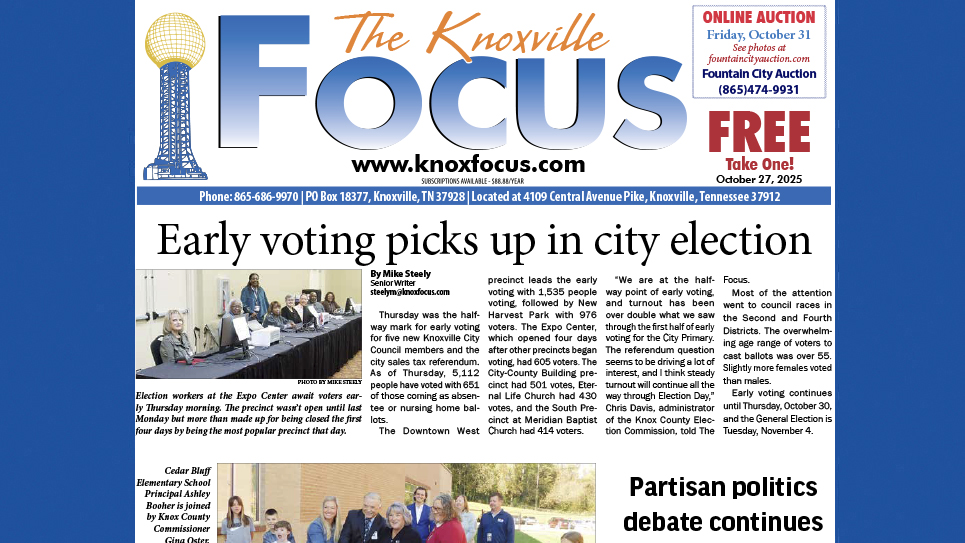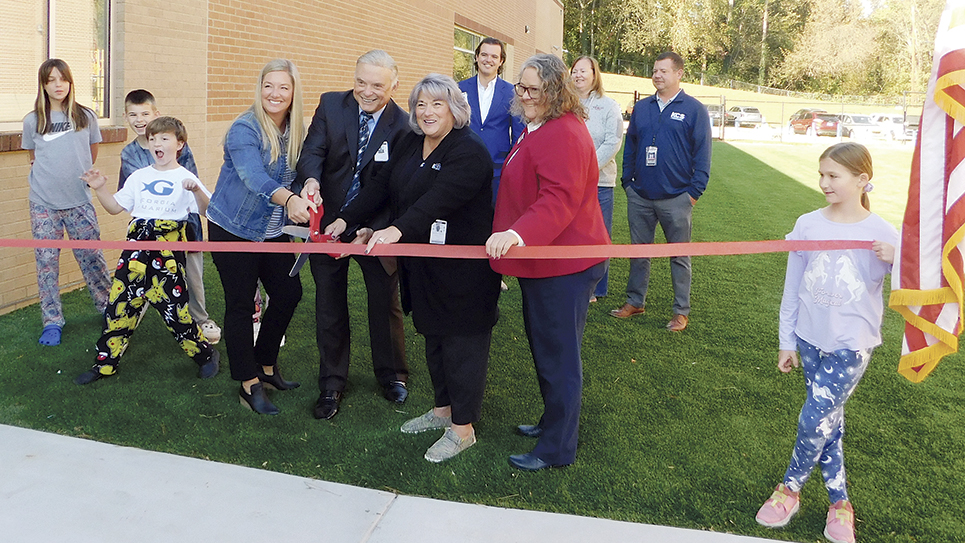As a summer intern at the U.S. Department of Justice in 1963, I stood at the back of a huge crowd on the Washington Mall and listened as Dr. Martin Luther King Jr. spoke of his dream that one day, his children would be judged “not by the color of their skin, but by the content of their character.”
At the time, I’m not sure I realized the significance of witnessing this historic moment, but I do now.
Another important speech Dr. King delivered came in 1968, and this time, it was in Tennessee. African-American sanitation workers in Memphis had faced years of hazardous working conditions and discrimination in pay and benefits. In response, 1,300 of the workers decided to begin a strike that would become a historical event in the civil rights movement.
During the strike, Dr. King addressed a large crowd of the workers, residents, members of the clergy, and union members at Mason Temple — the Memphis headquarters of the Church of God in Christ.
His speech included the lines “I have been to the mountain top,” and “I’ve seen the Promised Land. I may not get there with you, but I want you to know tonight that we as a people will get to the Promised Land.”
The next day, Dr. King was assassinated as he stood on the balcony at the Lorraine Motel.
Just days later, 42,000 people marched in Memphis, and shortly after, the strike was resolved. Dr. King and the striking sanitation workers took a stand for freedom, and they displayed courage in their pursuit of equality. The United States Senate last year passed a resolution I introduced to recognize the 50th anniversary of this historical event. The Senate also passed, and President Trump signed into law, legislation I introduced to create the U.S. Civil Rights Network — the Lorraine Motel is a site within the network.
The struggle for civil rights is not a snapshot – it is a panorama. I remember very well what Reverend Ben Hooks from Memphis – who was head of the National Association for the Advancement of Colored People (NAACP) – used to say: “You need to remember that America is a work in progress.”
I was in Memphis not long ago, and I looked around a room of African American leaders and asked, “If this meeting were held 50 years ago, how many of the positions you hold would be represented at this table today by African Americans?” And the answer very quickly was not one. While we celebrate that our country has come a long way, we also know that we have a long way still to go.
The Martin Luther King Jr. holiday gives us a chance to reflect on the life and sacrifices one man made to help ensure equality for all Americans. We must also understand the importance of fulfilling Dr. King’s dream by working to improve schools in every neighborhood and creating an environment that gives hope for every American to have the opportunity to achieve the American dream.






